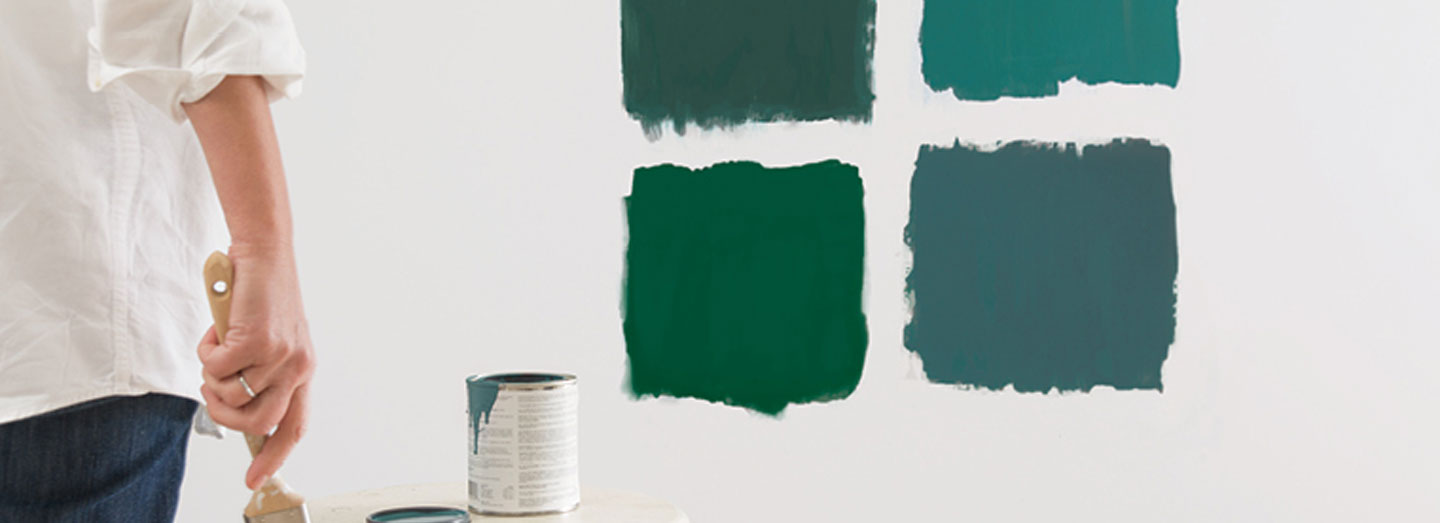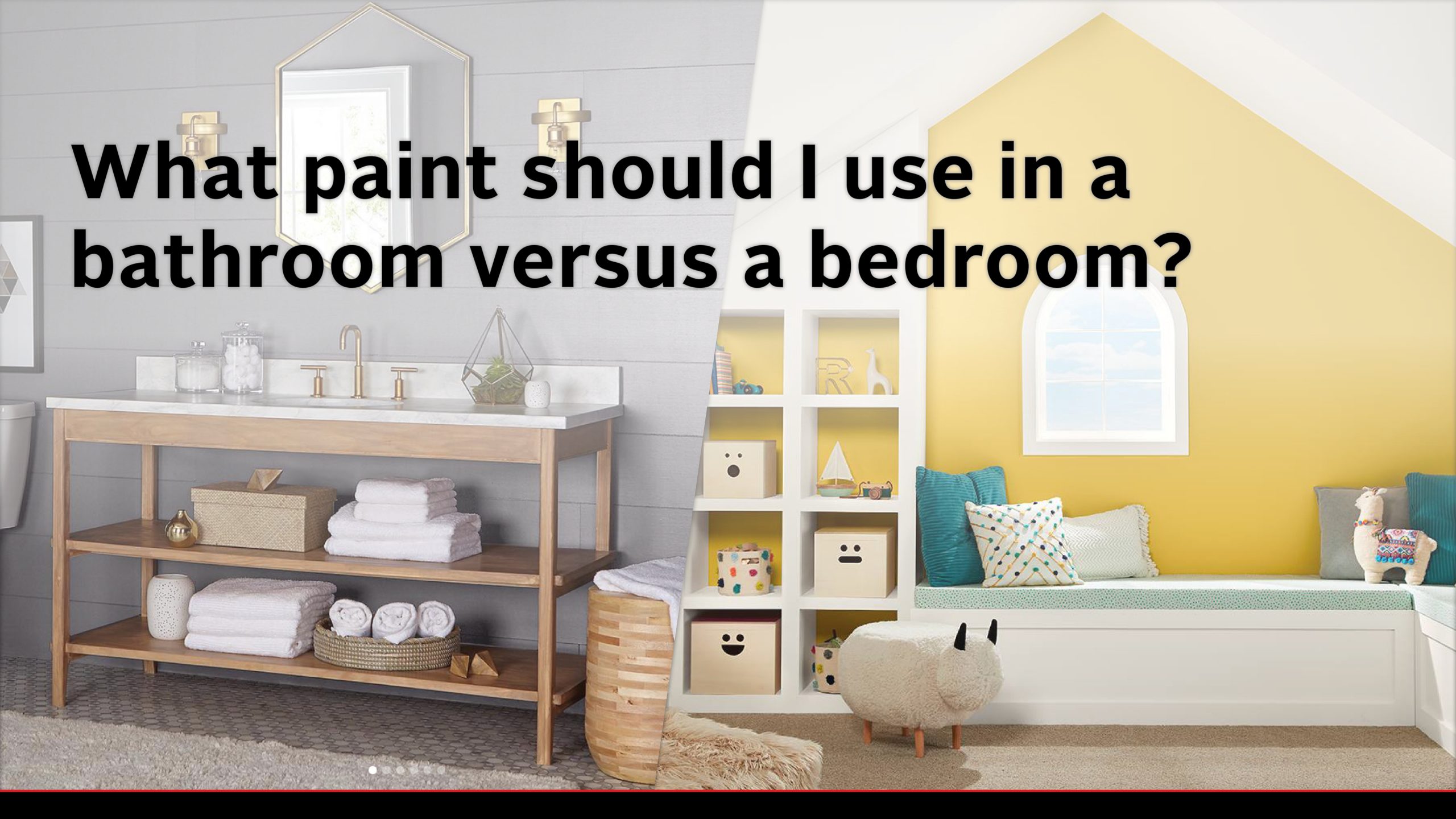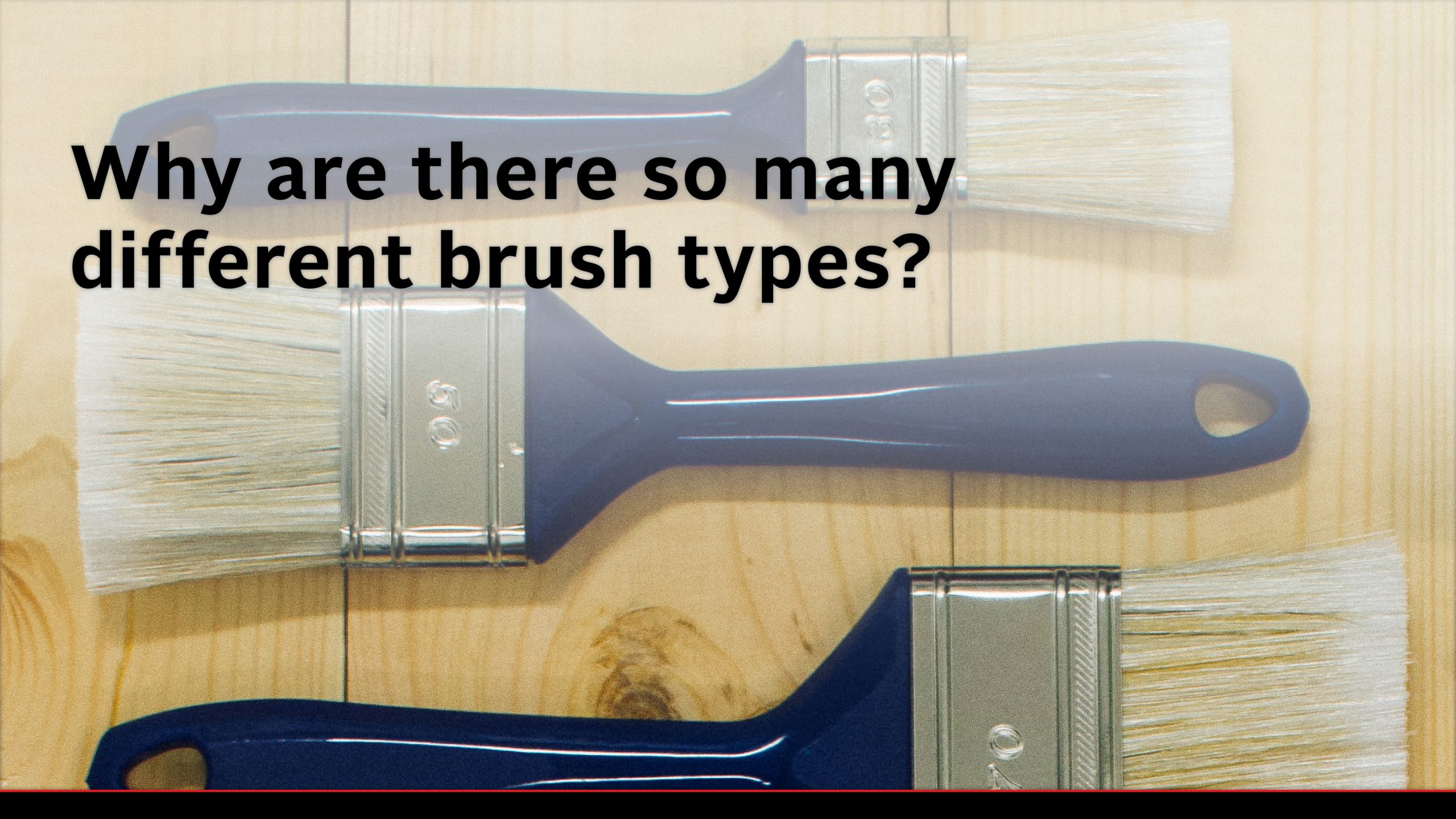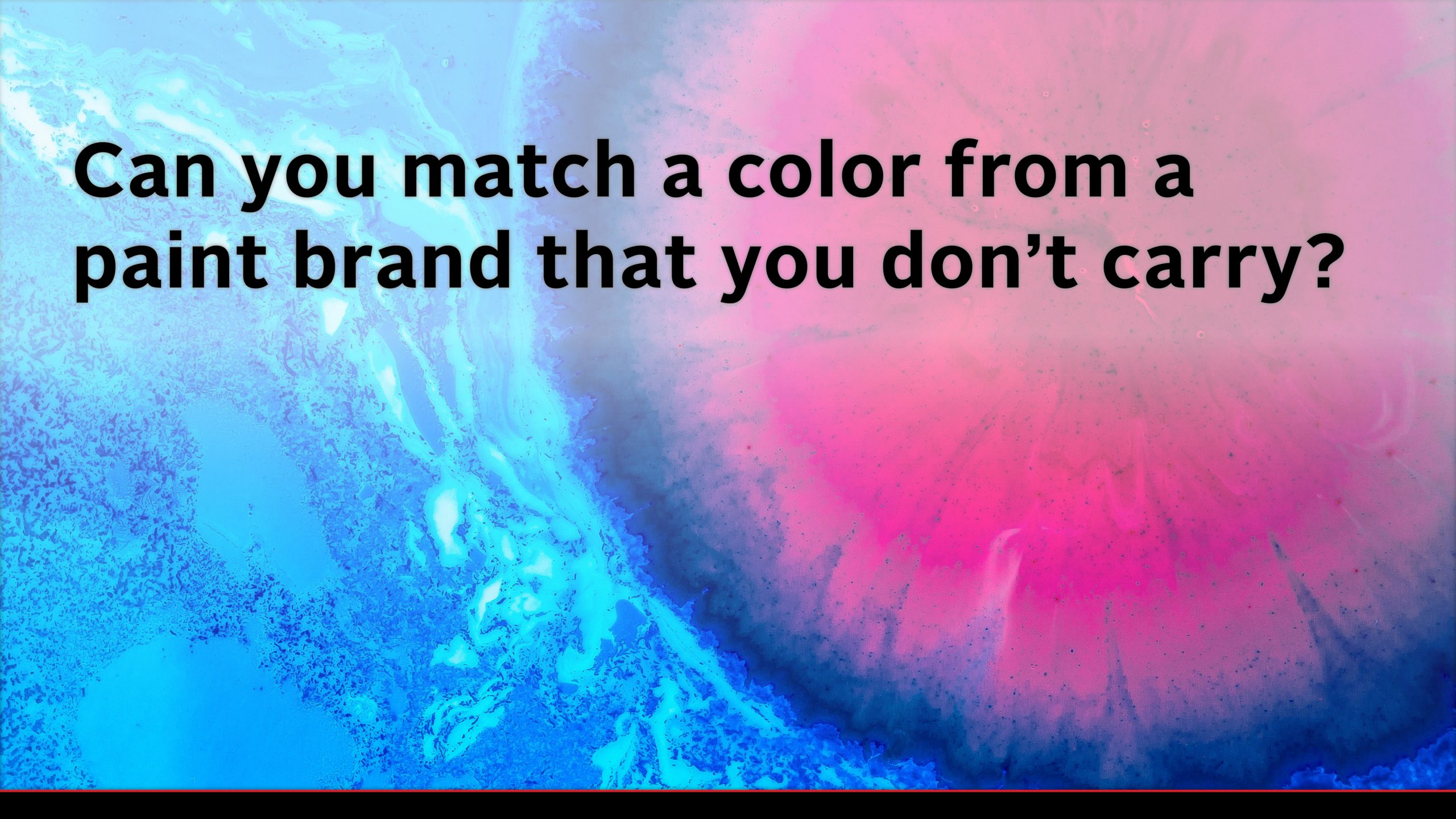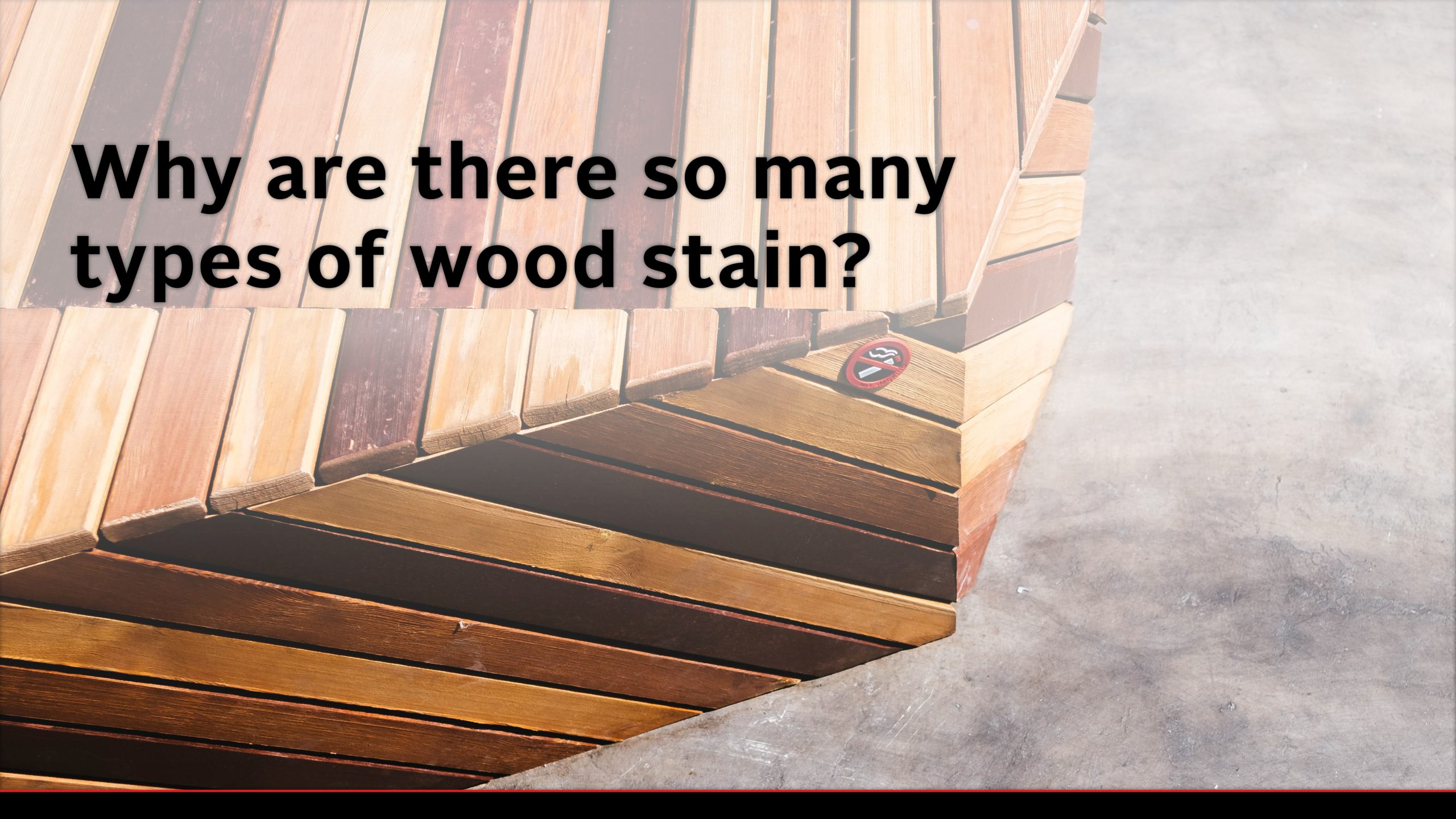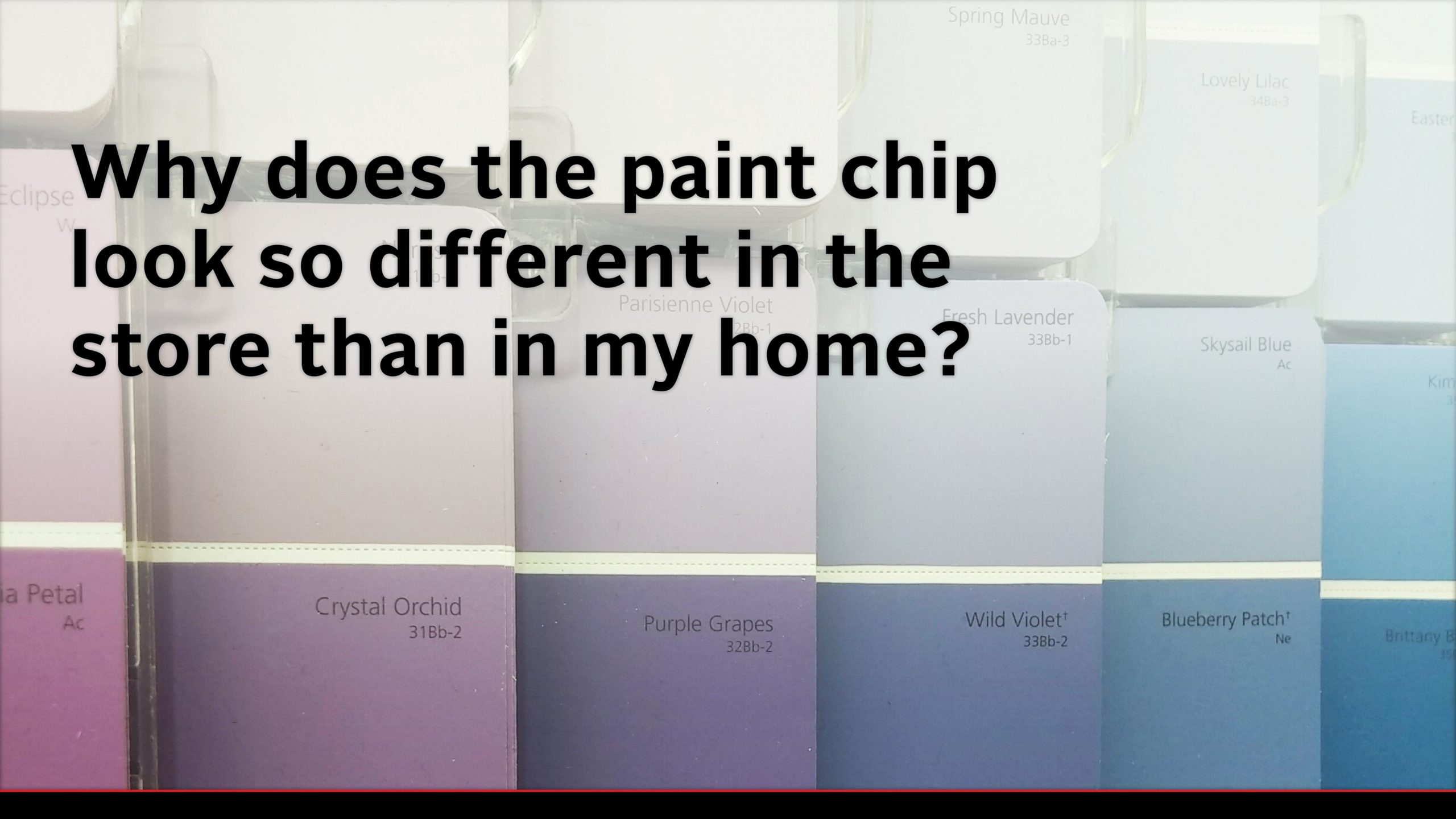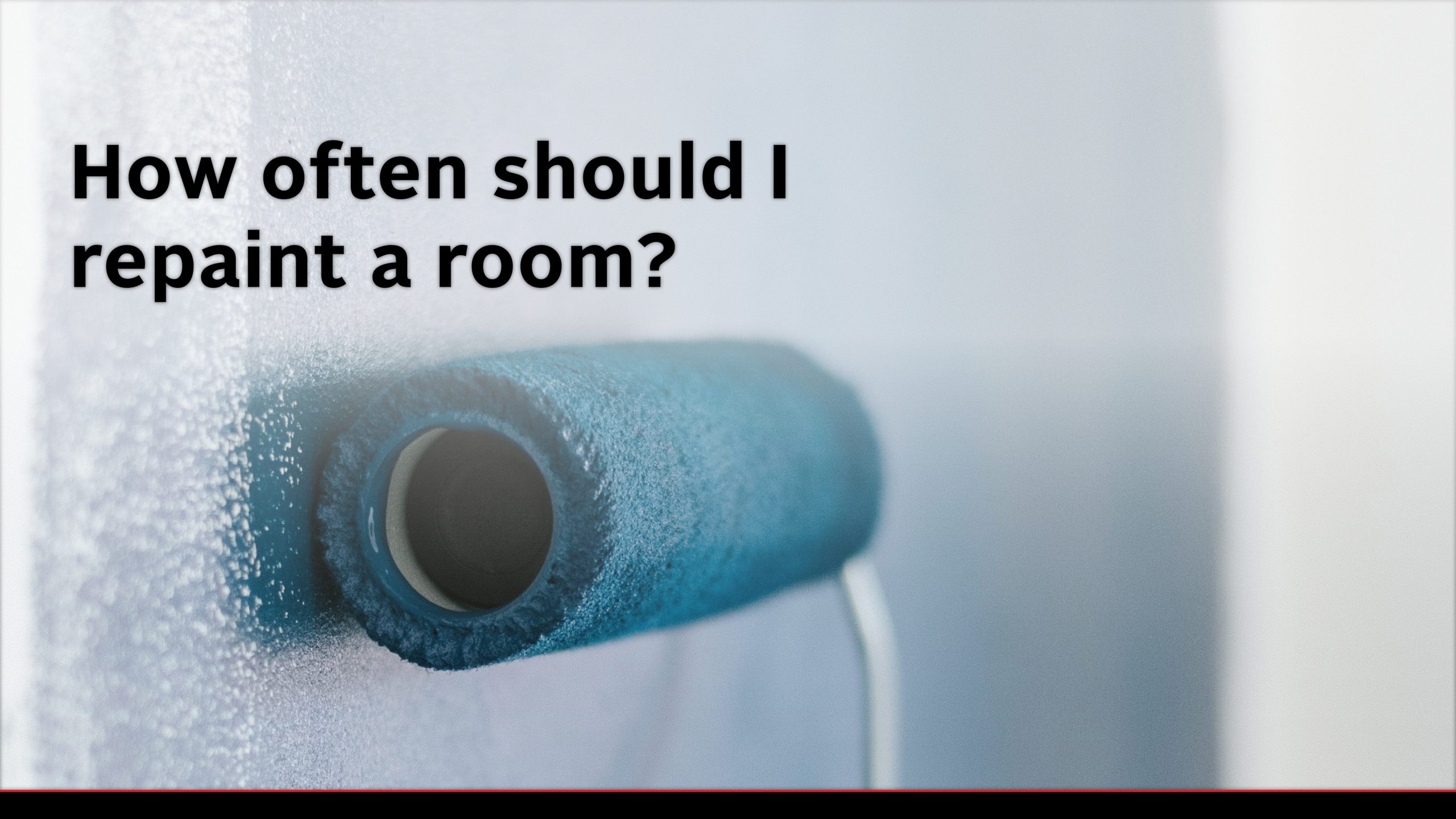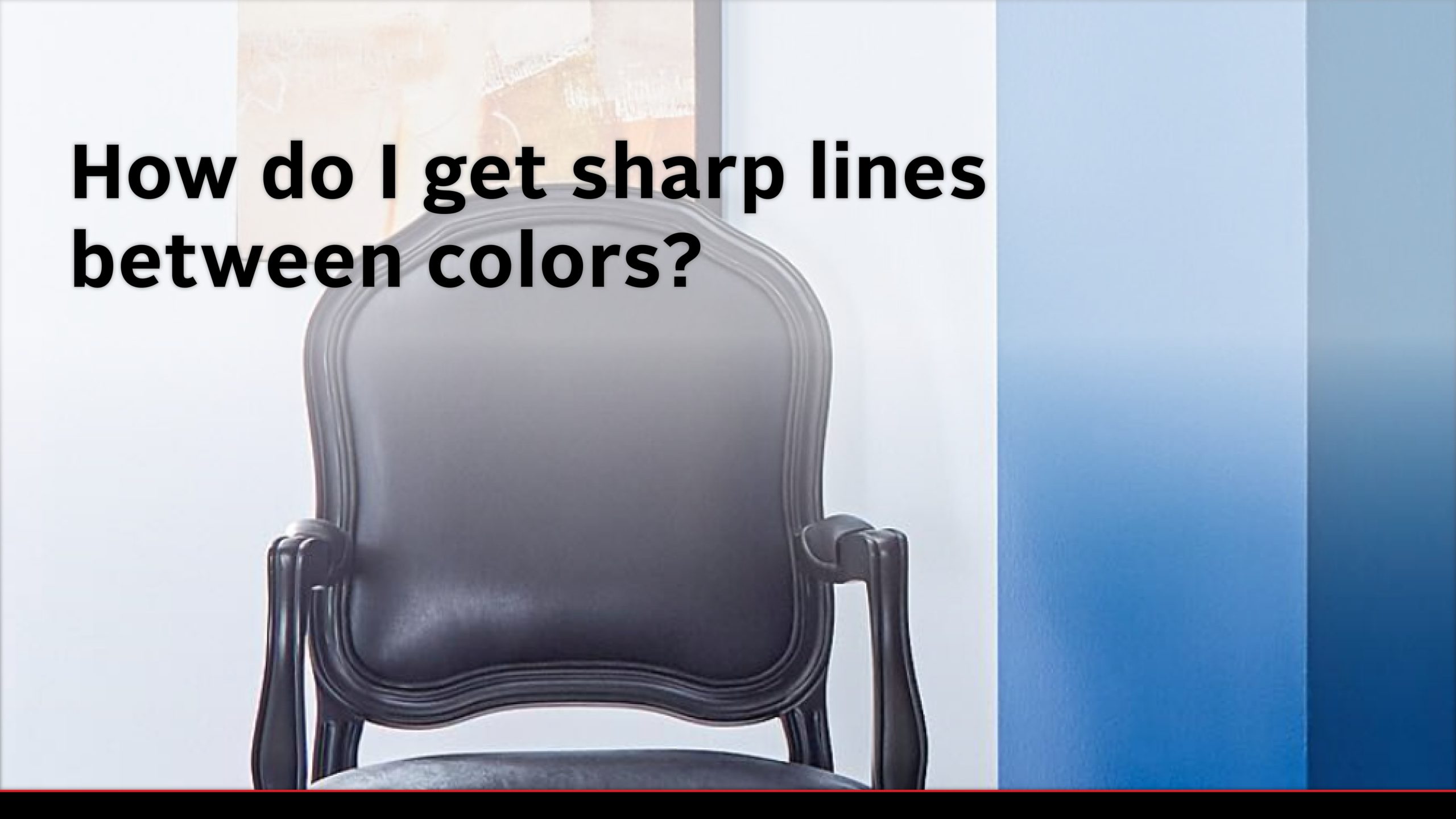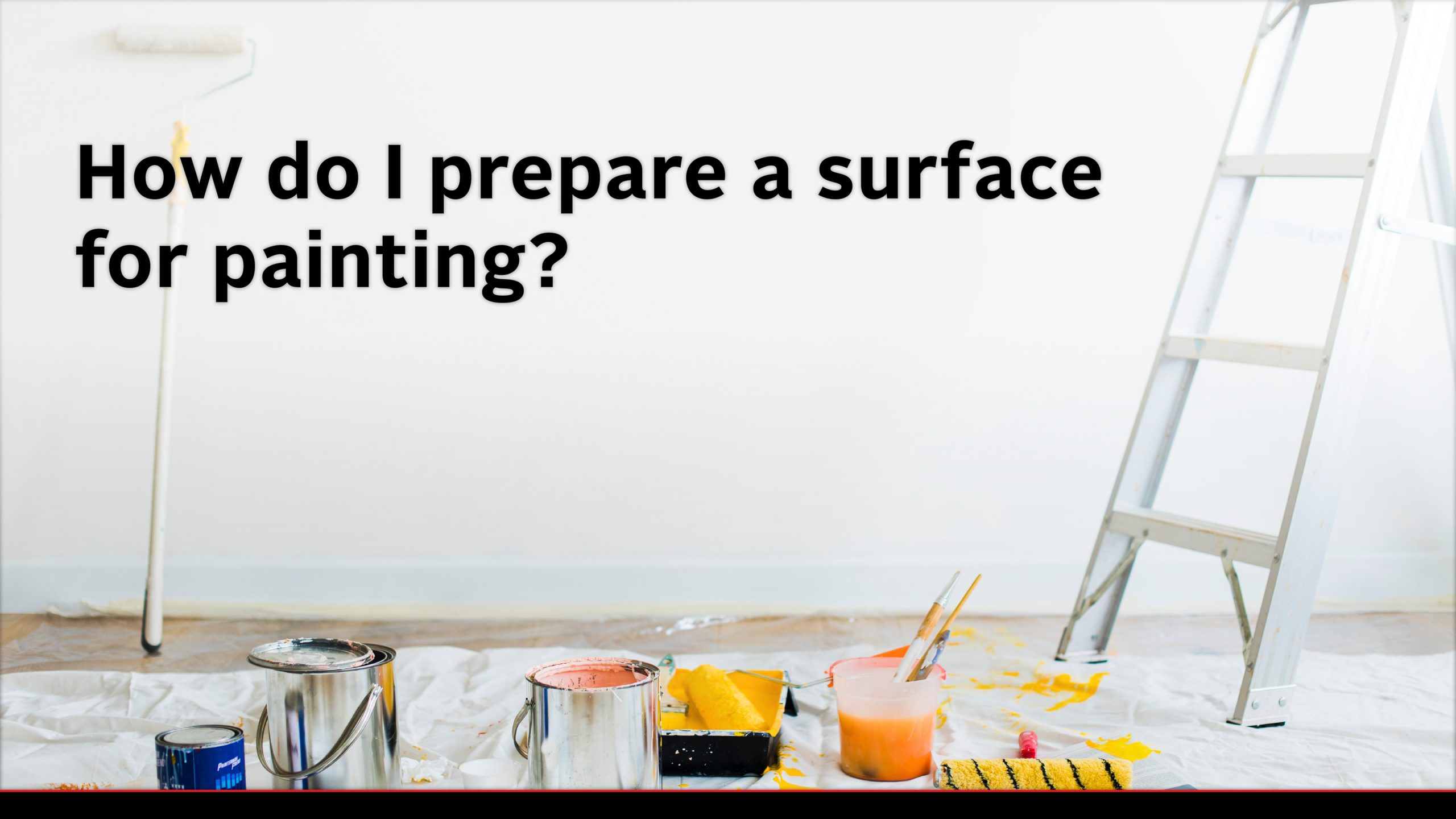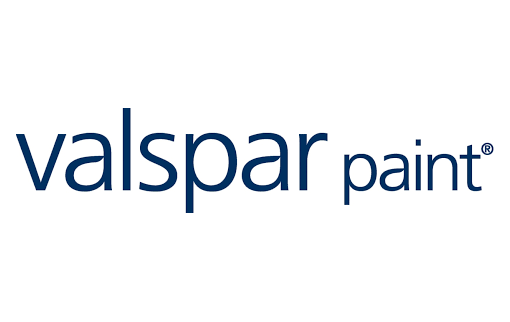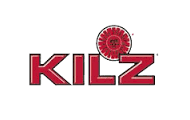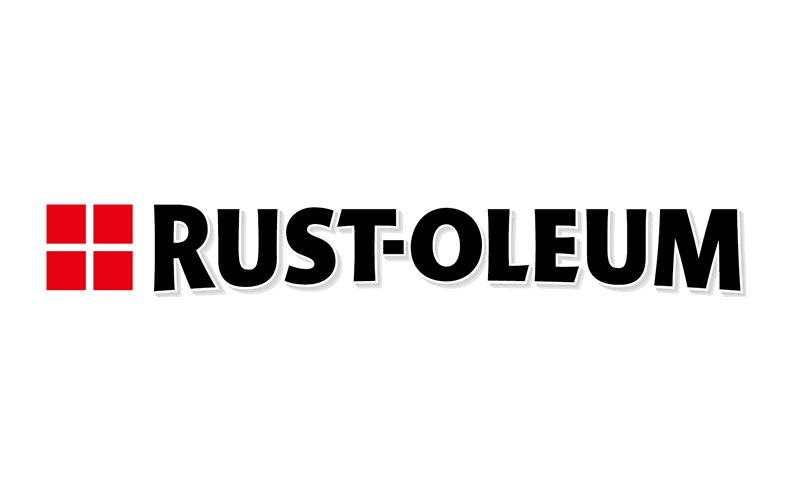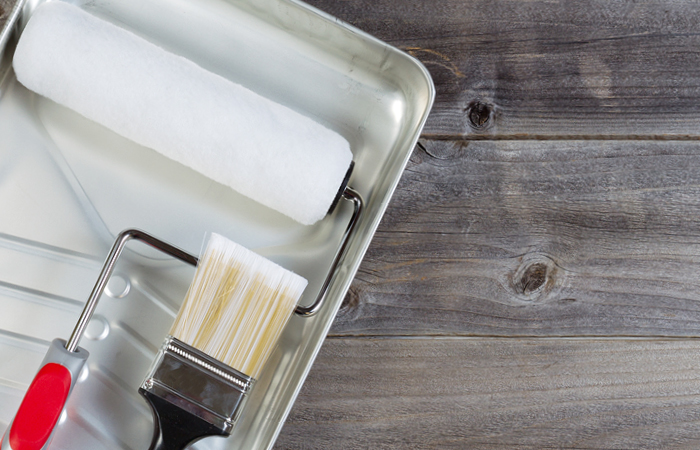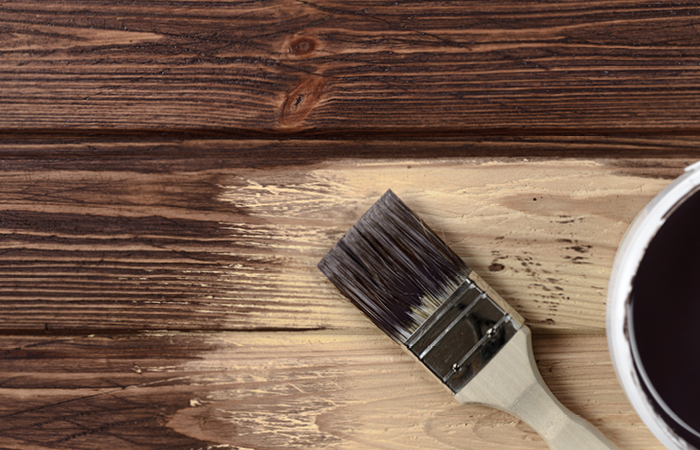The experts in our full-service paint department can help you color match an existing wall or find the right paint for the job.
Meet our Paint Expert
We can walk you through every step of your project—from picking the right color and finish to advice on how to prep the surface you want to paint. Our top-quality paint brands, Valspar and Pratt & Lambert, offer great coverage and finish quality.
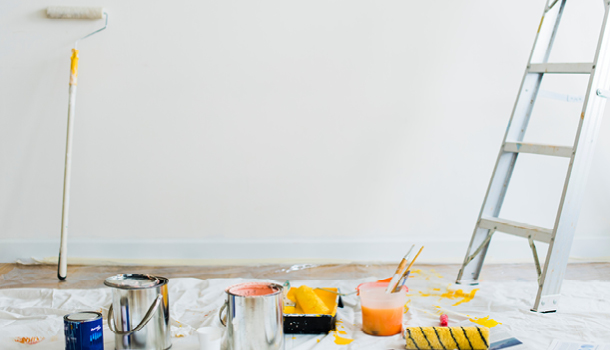
What Every Pro Painter Needs
We’ll help you find the right paint tools and paint accessories for your project.
The experts in our full-service paint department can help you color match an existing wall or find the right paint for the job.

Meet our Paint Expert
Paul can walk you through every step of your project—from picking the right color and finish to advice on how to prep the surface you want to paint. Our top-quality paint brands, Valspar and Pratt & Lambert, offer great coverage and finish quality.

What Every Pro Painter Needs
We’ll help you find the right paint tools and paint accessories for your project.

